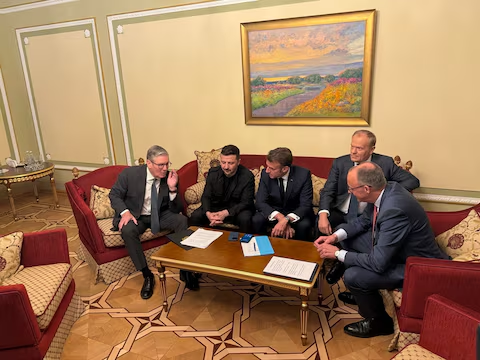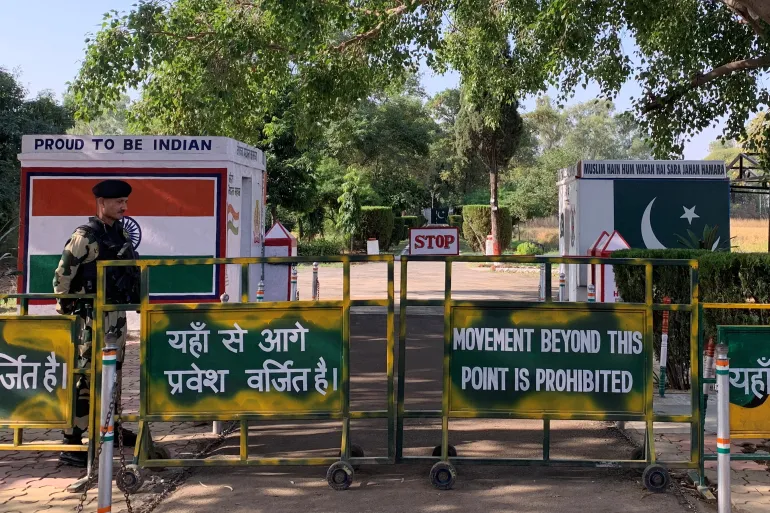Speaking on Monday, the official—who requested anonymity due to the sensitivity of the talks—said Hamas has accepted the terms of a ceasefire plan mediated by the United States, Egypt, and Qatar, and has relayed its approval to mediators. The proposal reportedly includes a phased truce, release of hostages, and gradual Israeli withdrawal from parts of the Gaza Strip.
“We have informed the mediators of our agreement to the U.S. proposal,” the official stated. “Now we await Israel’s response.”
The deal under discussion is said to involve an initial six-week truce, during which Hamas would release some Israeli hostages in exchange for Palestinian prisoners held in Israeli jails. Humanitarian aid would flow into Gaza during this period, and talks would continue to solidify a permanent cessation of hostilities.
Israel has yet to publicly respond to Hamas’s acceptance. A senior Israeli official told Reuters that the proposal is still being reviewed by Prime Minister Benjamin Netanyahu’s war cabinet, and that a response will come after consultations with defense and intelligence officials. “We are examining all details and will respond based on Israel’s security needs,” the official said.
The announcement marks a potential breakthrough after weeks of intense fighting and collapsed negotiation efforts. The U.S. State Department confirmed the latest development, with Secretary of State Antony Blinken calling it “a positive step” but stressing that “the key now is implementation and verification.”
President Joe Biden, under growing domestic and international pressure to end the war, has increased U.S. diplomatic engagement in recent weeks. Administration officials have worked closely with regional partners to find common ground between Hamas and Israel, with Qatar playing a key role in facilitating indirect communications.
The Gaza war, which erupted after Hamas’s October 2023 cross-border assault and Israel’s subsequent military response, has claimed the lives of more than 35,000 Palestinians, most of them civilians, according to Gaza’s health ministry. Over 1,200 Israelis were killed in the initial Hamas attacks, and dozens of hostages remain in captivity.
Recent Israeli operations in Rafah and northern Gaza have drawn global condemnation, with UN officials and humanitarian agencies warning of famine, disease, and total infrastructure collapse in the coastal enclave. Massive protests around the world have demanded an immediate ceasefire and accountability for civilian deaths.
The proposed ceasefire could offer much-needed relief for Gaza’s 2.2 million residents, many of whom are living in tents or makeshift shelters without electricity, clean water, or medical supplies.
Analysts caution, however, that implementation will be challenging. “Even if the deal is accepted in principle, it could fall apart in practice unless there is strict monitoring and mutual trust,” said Aaron David Miller, a Middle East expert at the Carnegie Endowment.
Still, the announcement has raised cautious optimism. UN Secretary-General António Guterres welcomed the news and urged all parties to “seize this moment to silence the guns and let diplomacy prevail.”
If confirmed by Israel, the ceasefire would represent the first major de-escalation since the war began and could pave the way for broader discussions on reconstruction, governance, and long-term peace in Gaza—a territory caught in the crosshairs of geopolitics for generations.
Source: Reuters


